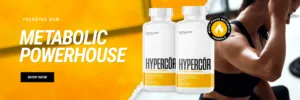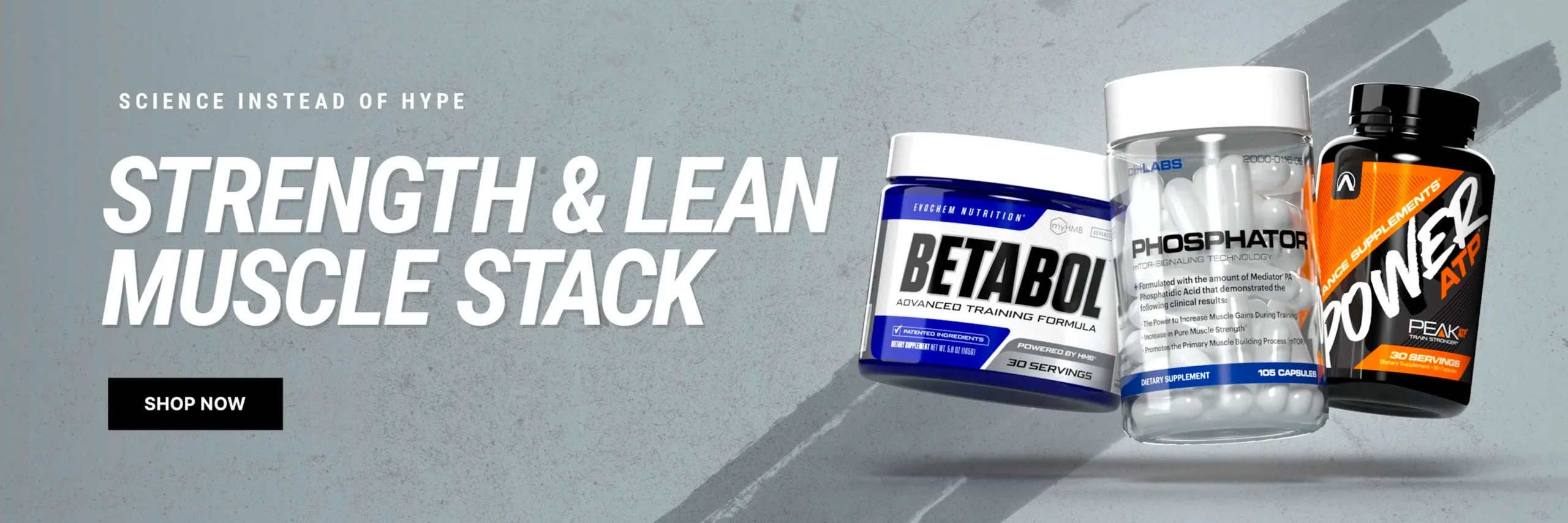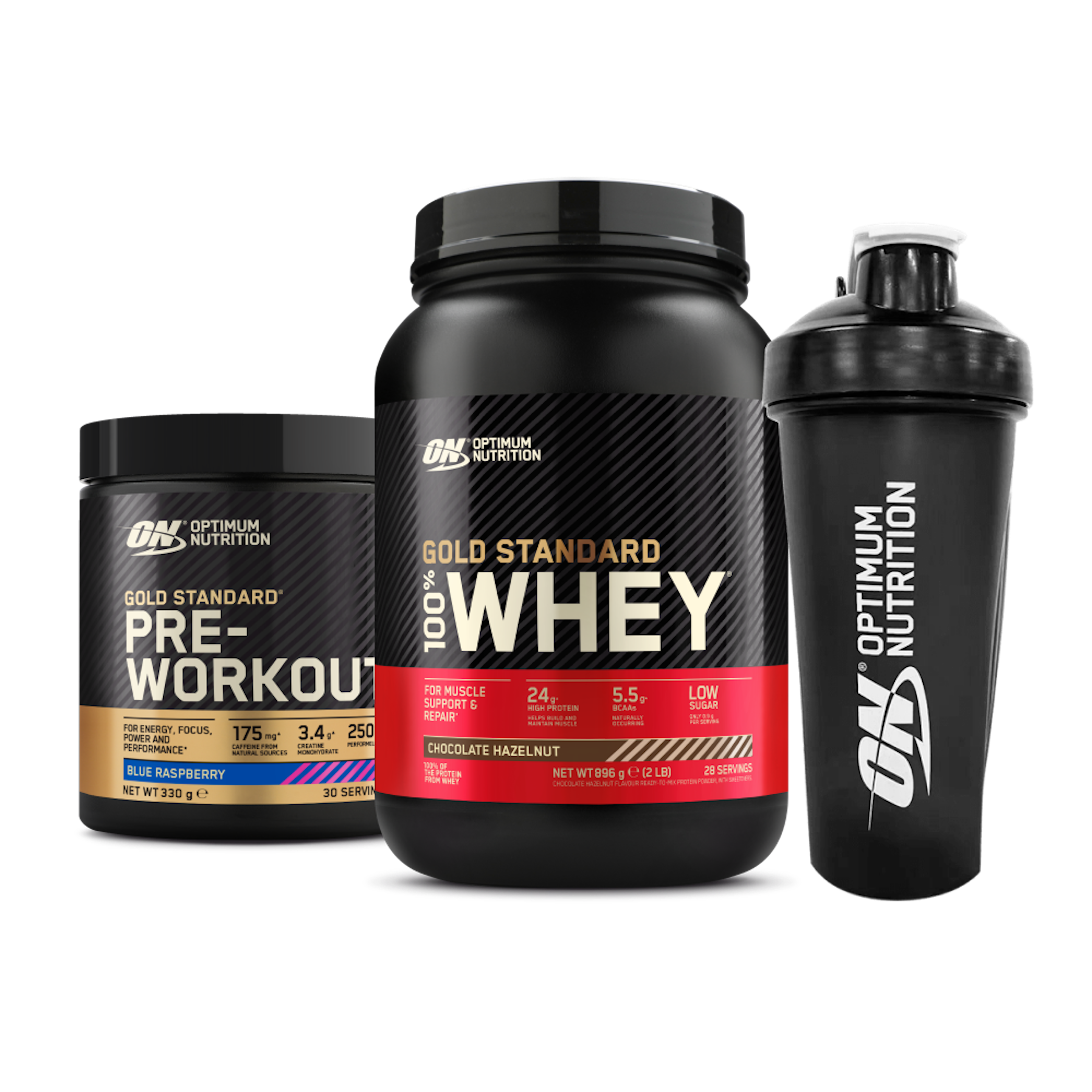The stereotype of veganism often revolves around salads and smoothies, leaving many to question whether it’s possible to build substantial muscle mass on a plant-based diet. However, numerous professional vegan bodybuilders have debunked this myth, proving that plant-based proteins can be just as effective for muscle growth as animal-based proteins.
Veganism, the sometimes-controversial philosophy of consuming only plant-based products, is often maligned for being too low in protein, which many non-vegans tend to find through meat, eggs, and dairy.
But the bodybuilder Torre Washington is living proof that it’s possible to build and maintain an impressive physique without eating animal products. He’s been vegan since 1998.
But don’t call it a diet — to Washington, it’s much more than that.
“I don’t use the word diet. I’m not here to die — I’m here to thrive. It’s a lifestyle,” he told Insider in an interview.
There seems to be a perpetually present myth involving the necessity of meat in a bodybuilder’s diet. This isn’t necessarily untrue, meats and dairy products are a good source of protein – which you need to build muscle. However, there are other sources of proteins that can be applied to a vegan bodybuilder’s diet.
It’s definitely not impossible, however, it is a lot more difficult. It requires that you get to know the kind of foods you need to eat in order to build up your muscles. If you have been a vegan for a while, then you’re probably already familiar with foods that are high in protein and carbohydrates – which you’ll need for building up lean muscle. If that’s the case then you shouldn’t have a problem incorporating your vegan lifestyle for bodybuilding.
Understanding Plant-Based Protein
While animal proteins like meat and dairy have long been touted as the gold standard for muscle building, plant-based proteins offer a diverse range of options that can provide ample amino acids, the building blocks of muscle.
Some of the best plant-based protein sources include:
- Legumes: Lentils, chickpeas, beans
- Whole grains: Brown rice, quinoa, oats
- Tempeh and tofu: Fermented soy products
- Nuts and seeds: Almonds, walnuts, chia seeds, hemp seeds
- Nutritional yeast: A fortified yeast with a cheesy flavor and high B vitamin content
Creating a Balanced Vegan Bodybuilding Diet
To build muscle effectively on a vegan diet, it’s essential to focus on a balanced approach that includes:
- Sufficient protein: Aim for 0.8-1.2 grams of protein per kilogram of body weight. This can be achieved by incorporating a variety of plant-based protein sources into every meal.
- Healthy fats: Include sources like avocados, nuts, seeds, and olive oil to support hormone production and overall health.
- Complex carbohydrates: Opt for whole grains, fruits, and vegetables to provide sustained energy for workouts and muscle recovery.
- Essential nutrients: Ensure you’re getting enough vitamins and minerals, especially B12, iron, zinc, and calcium. Consider taking supplements as needed, especially if you have dietary restrictions or concerns.
- Hydration: Drink plenty of water throughout the day to maintain optimal hydration and support muscle function.
Meal Planning Tips
- Pre-workout meal: Opt for a combination of complex carbohydrates and protein, such as a bowl of oatmeal with a plant-based protein powder or a whole-grain toast with avocado and a side of legumes.
- Post-workout meal: Prioritize protein and carbohydrates to aid in muscle repair and recovery. Consider a smoothie with protein powder, fruits, and a handful of nuts or seeds.
- Snack options: Keep healthy snacks on hand, such as fruit, nuts, vegetable sticks with hummus, or a protein bar.
Check Out Our List Of The Best Supplements For Building Muscle, Shredding Muscle, Recovery, And Great Health, and Wellness Products! Purchase ifbnewsfeed.org‘s apparels Here: ifbnewsfeed.org
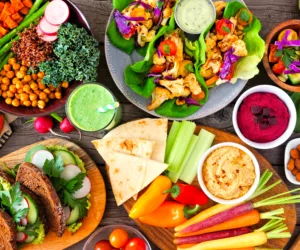
 Avoid Processed Foods
Avoid Processed Foods
Just because Vegans abstain from eating animals or animal byproducts, doesn’t mean that the foods that they eat are 100% healthy. You can be a vegan and still be eating chemically processed foods that are just generally bad for your body. In theory, a vegan can indulge in foods like chips, candies, and all sorts of desserts just like anyone else.
It’s best to keep your diet as healthy as possible, which requires one to stay away from the aforementioned sweets and junk food. This is something you’re probably already familiar with if you’re a vegan, but much like the belief people have about meat and bodybuilding, people also tend to believe that being a vegan means that everything you eat is healthy.
Caloric Intake
How much an individual needs to eat per day is very important when it comes to establishing lean muscle mass. Some people may struggle with this – depending on what kind of diet they had previously. However, many vegans find themselves struggling even more because the foods that they consume are often lower in calories than what most regular bodybuilders consume.
The number of calories that you need to consume per day is based on your BMR. You can use this calculator to calculate that specific amount. However, the basics involve multiplying your body weight per pound by a set amount of calories.
- Get $200 With Your 1st Order Because Your Health Matters
- Best Supplements For Muscle Building, Strength & Champion Performance
There is one called the rule of 10 (or eleven) – which requires that you multiply your body weight per pound by 10/11 calories. That’s about 2000-2200 calories per day. Again, if you want a number that is personalized for you, you can try out one of the calorie intake calculators available online.
As for vegan bodybuilders, it’s often suggested to consume around 15-20 calories per pound, depending on the kind of gains you want to be making. “How much muscle you are building will decide whether you need more or fewer calories. If you’re not making enough gains, increase your caloric intake”. If you’re making a lot, then you can maintain your current level of caloric intake – or even increase it by a little.
Meal Frequency
As mentioned, it’s a bit more difficult to eat the number of calories you need as a vegan. Also, because the food that vegans eat tends to be high in fiber, they’re a lot more difficult to digest, which makes them fuller for much longer periods of time. The suggested meal frequency for most bodybuilders is around 5-6 meals a day. Spaced apart by at least 2-3 hours.
Eating this often means that the meals that they eat are a lot smaller – which would be a lot easier on the stomach and can prevent bloating and other uncomfortable side-effects that come with having such a high-calorie diet. There are even some vegan bodybuilders that eat upwards to 8 meals per day, all for the sake of getting the nutrients that they need to keep their bodies capable of building and maintaining muscles.
Nutritional Elements
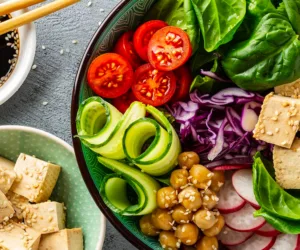
 The nutritional requirement of a vegan bodybuilder is not any different from what a regular bodybuilder eats. The amount of macronutrients that your body needs is still the same, it’s just the foods that you will be sourcing those nutrients from will be different. Something a lot of people do is track their proteins, carbohydrates, and fats intake.
The nutritional requirement of a vegan bodybuilder is not any different from what a regular bodybuilder eats. The amount of macronutrients that your body needs is still the same, it’s just the foods that you will be sourcing those nutrients from will be different. Something a lot of people do is track their proteins, carbohydrates, and fats intake.
Which can be done with the use of a macro calculator. The one most commonly used is called, the IIFYM calculator. This will track the number of macros you need to consume per day, a number that is based on your current body constitution as well as your future body goals.
Protein
One of the most important things vegan bodybuilders need to consider is the amount of protein that they are consuming. Most regular bodybuilders depend on red meats or dairy products as a source of protein, but that doesn’t mean that there aren’t any alternatives protein sources that vegan bodybuilders can use.
Just like regular bodybuilders, vegan bodybuilders should try to aim for at least 1.0 – 1.5 grams of protein per pound of body weight. For example, if you are 200 lbs, then you can divide your protein intake between 5-6 meals which should be around 33.3 – 40 grams of protein per meal. This much can be difficult depending on the foods that you are sourcing your protein from, which is why most bodybuilders prefer to eat more frequently throughout the day rather than the regular 3 meals per day.
A lot of vegans source their protein from soy products, but some may also eat rice protein or hemp. If you are really struggling to get the number of proteins you need per day, there should be vegan-friendly protein supplements available that can help you fulfill those requirements.
Here are some popular sources of vegan-diet-friendly protein:
- Tempeh ( ½ cup = 15 grams)
- Natto ( ½ cup = 15 grams)
- Quorn ( 100 grams = 14.1 grams)
- Firm Tofu ( ½ cup = 10 grams)
- Quinoa (1 cup cooked = 8 grams)
- Buckwheat (1 cup cooked = 6 grams)
- Brown Rice ( 1 cup cooked = 5 grams) + Adzuki Beans ( 100 grams = 20 grams)
Carbohydrates
Another nutrient that is required for building up muscle is carbohydrates. This is something that is a little easier to handle – at least in comparison to proteins. As most vegan diets are already based on organic ingredients, which are often high in fiber. This is something that is recommended for bodybuilders as complex carbs provide longer-lasting sources of energy – as they are more difficult to digest.
Again, the amount of carbohydrates that you need is not any different from what regular bodybuilders eat. Some would suggest around 2 – 3 grams of carbohydrates per pound of body weight. Which would be around 400 – 600 grams of carbohydrates per day for someone who is 200 pounds. Much like protein, you should start lower and raise the amount of carbohydrates you need based on your gains.
With 400 – 600 grams of carbohydrates per day, that measures up to around 66.6 – 100 grams of carbohydrates per meal – if you are eating at least 6 meals per day. This shouldn’t be different from what you are already consuming, except it may be a little bit higher. It all depends on your current body constitution. Some people may need more carbs and others less.
Eating large amounts of carbohydrates will raise your caloric intake, which would require the addition of cardio to your workout routines – as cardio works best for burning calories.
Fats
Once again, there isn’t a difference between the amount of fats that a regular bodybuilder needs from a vegan one. The only difference is the foods that you source the fats from. If you want to build up muscle, at least ⅓ of your caloric intake should be made out of fats. You can start off with 30% of what you eat being fats, and see how it affects your gains. Popular sources of fats for vegan bodybuilders are nuts.
Vegan Bodybuilder Diet Conclusion
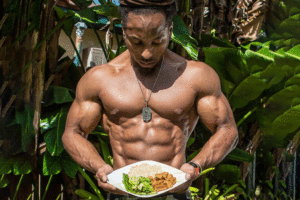
 Despite what some people may assume, vegan bodybuilders, do exist. “Veganism cannot stop someone from achieving their body goals. Of course, it’s much more difficult than what most bodybuilders generally have to go through, but bodybuilding is not meant to be easy”. It’s a journey that requires effort and a lot of work.
Despite what some people may assume, vegan bodybuilders, do exist. “Veganism cannot stop someone from achieving their body goals. Of course, it’s much more difficult than what most bodybuilders generally have to go through, but bodybuilding is not meant to be easy”. It’s a journey that requires effort and a lot of work.
The main thing you will have to remember is that there really is no difference between what you need to consume as far as nutrients go. So long as you are basing it on fine. The difference lies in where you source said nutrients from – which you hopefully have gotten to know by now.
You’ll also have to remember that what bodybuilders eat during the off-season is different from what they eat right before a competition. Most bodybuilders promote very strict dieting procedures before bodybuilding competitions, going as far as to cut down on their carb intake to keep themselves lean.
A diet is fluid, and it can be changed depending on your own needs. “So long as you understand that, then you’ll be just fine. Having a healthy diet plan is the best decision you can make as a vegan bodybuilder. You’ll find that not much will change unless you are giving your body the nutrients that it needs”. You can even hire someone to set up a nutrition plan for you so that you can get started right away.
Strength Training and Exercise
A well-structured strength training routine is crucial for building muscle mass, regardless of your diet. Focus on compound exercises that work multiple muscle groups, such as squats, lunges, deadlifts, bench presses, and rows.
Common Challenges and Solutions
While building muscle on a vegan diet is achievable, it may present some unique challenges. Here are some common issues and potential solutions:
- Nutrient deficiencies: Regularly consult with a healthcare professional or registered dietitian to ensure you’re meeting your nutritional needs.
- Limited protein sources: Explore a variety of plant-based proteins to avoid monotony and ensure adequate intake.
- Social challenges: Be prepared to educate others about veganism and address misconceptions.
- Meal planning and preparation: Plan your meals in advance to avoid relying on unhealthy convenience foods.
Wrapping Up
Building muscle on a vegan diet is not only possible but can be highly rewarding. By focusing on a balanced diet, regular exercise, and adequate nutrition, you can achieve your bodybuilding goals while embracing a plant-based lifestyle. Remember, consistency, patience, and a positive mindset are key to success.
More About Right Nutrition (Meals) Contents
- Healthy Meals To Lose Weight – “A Simple Plan” That Works For Anyone Who Wants To Shred Some Weights Off
- “6 Ways To Improve Your Diet” With These Crucial Healthy Eating Habits
- The Perfect Muscle-Building Meals To “Build Lean Mass”
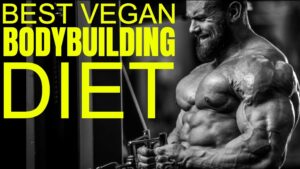
- A1Supplements.com – America’s Favorite Supplement Store.
- Shop Optimum Nutrition Energy: Anytime & Pre-Workout
- A1Supplements.com – Lose Fat, Gain Muscle
- Dive Into Our Bestselling SUPs
